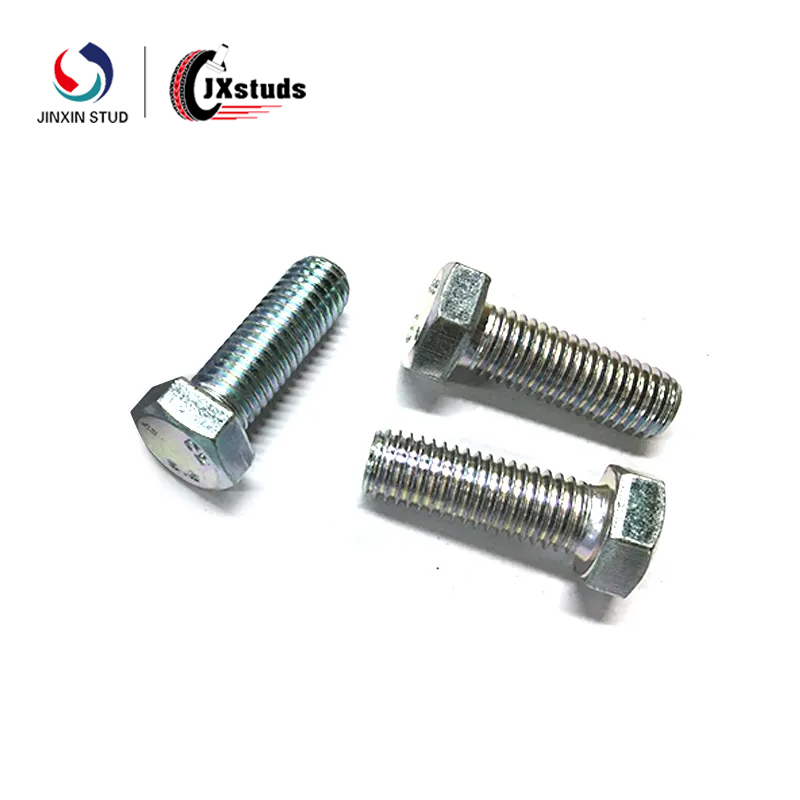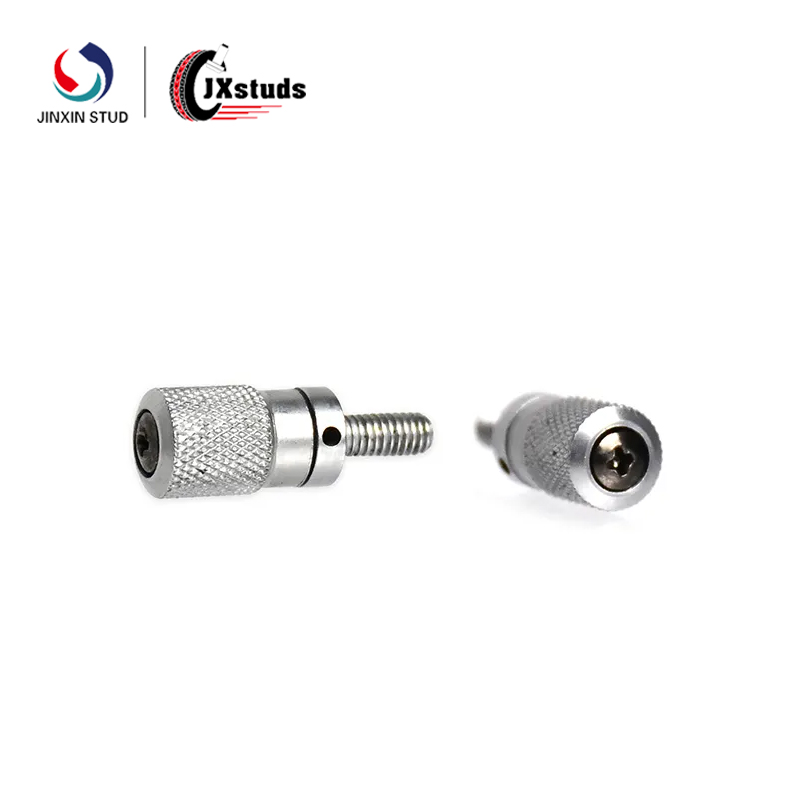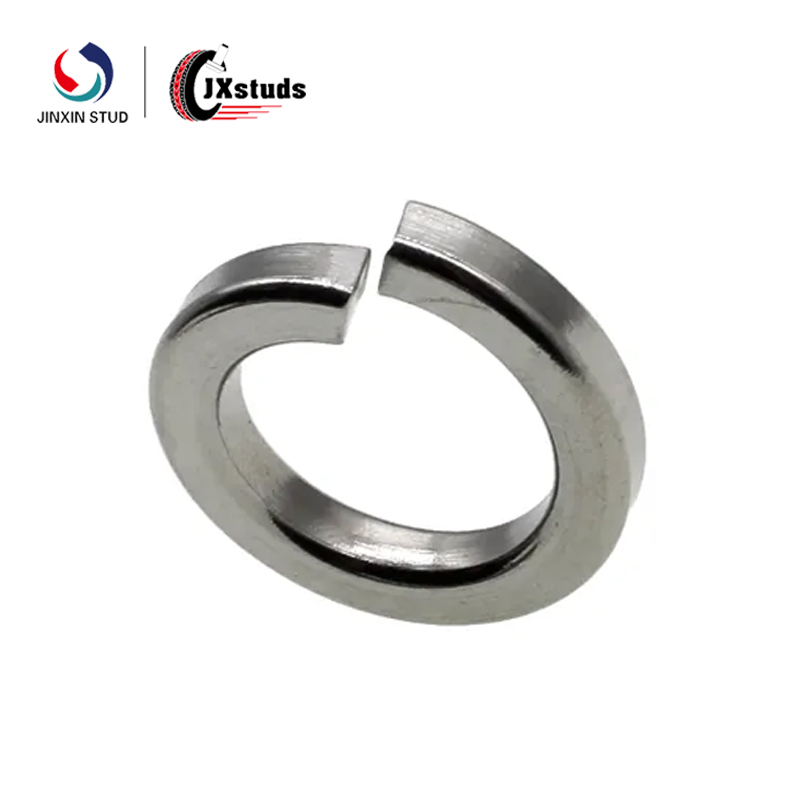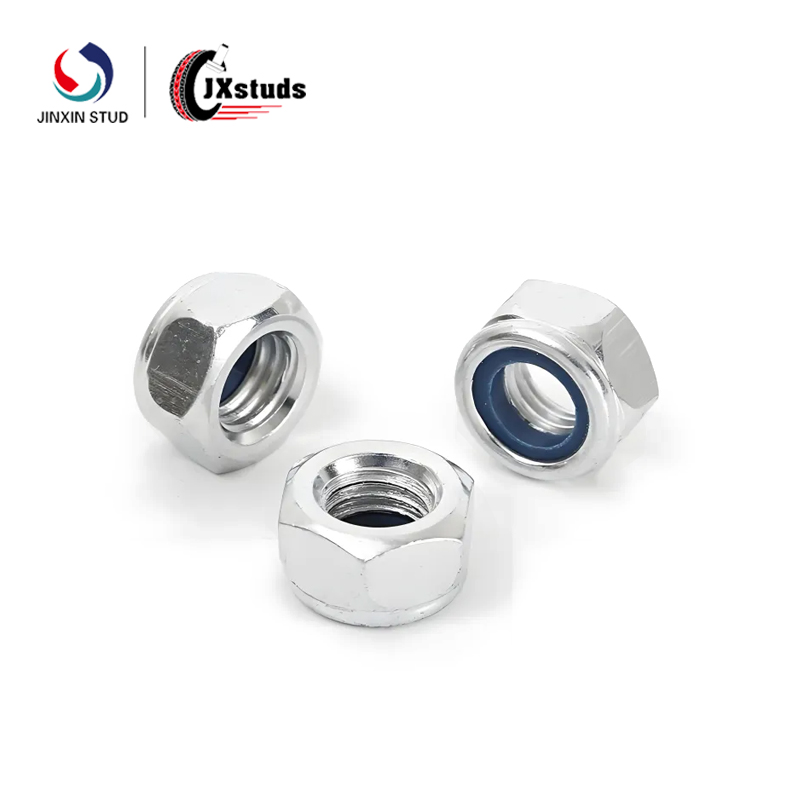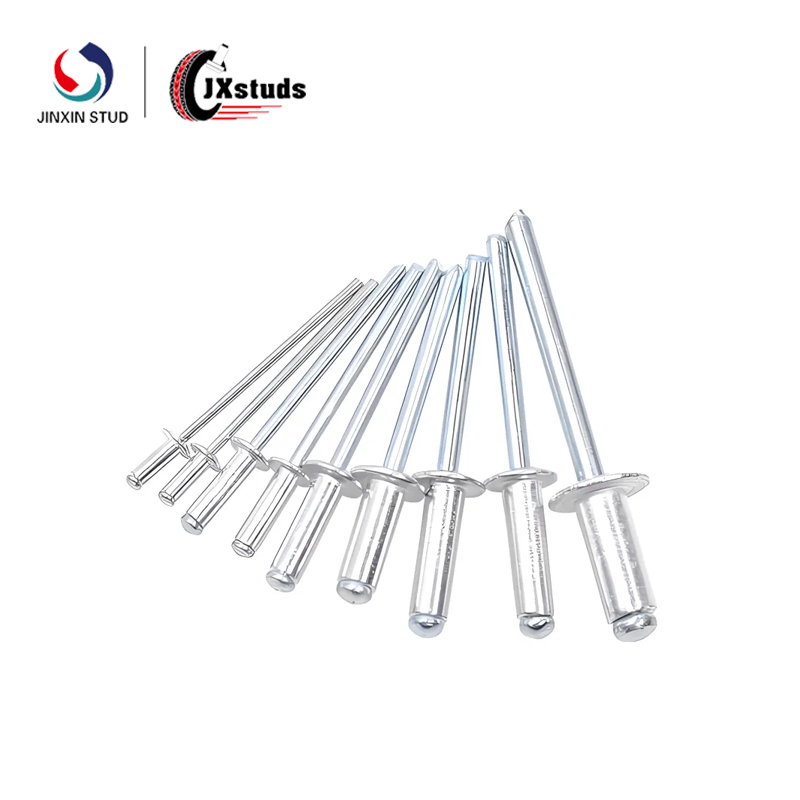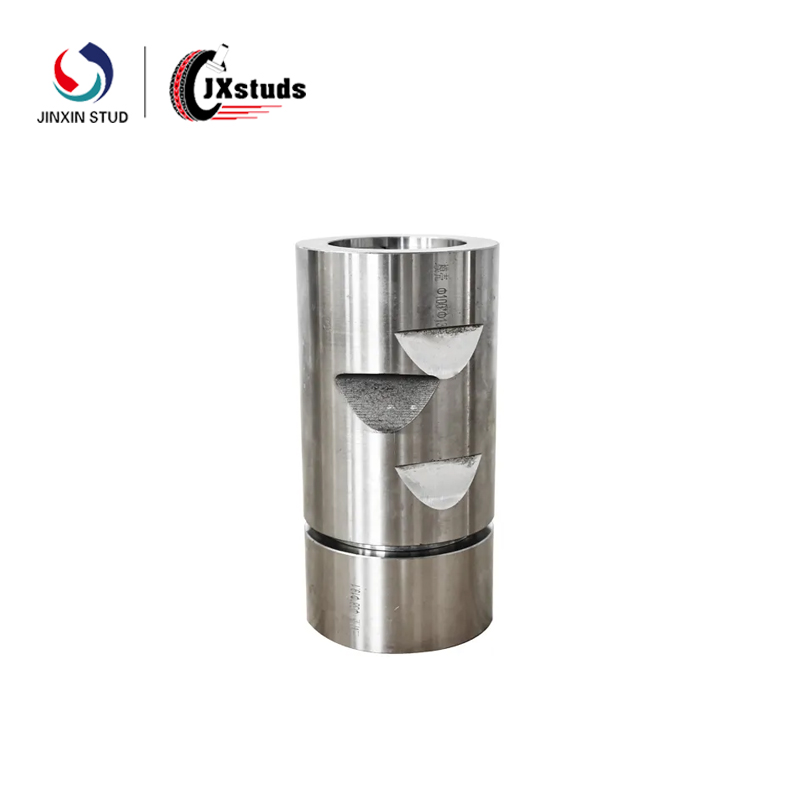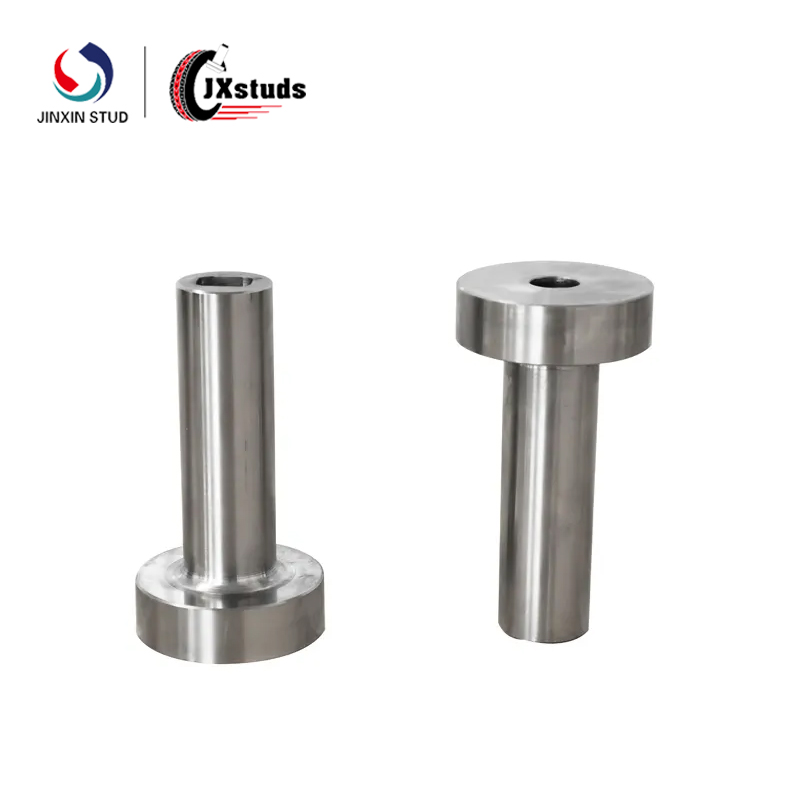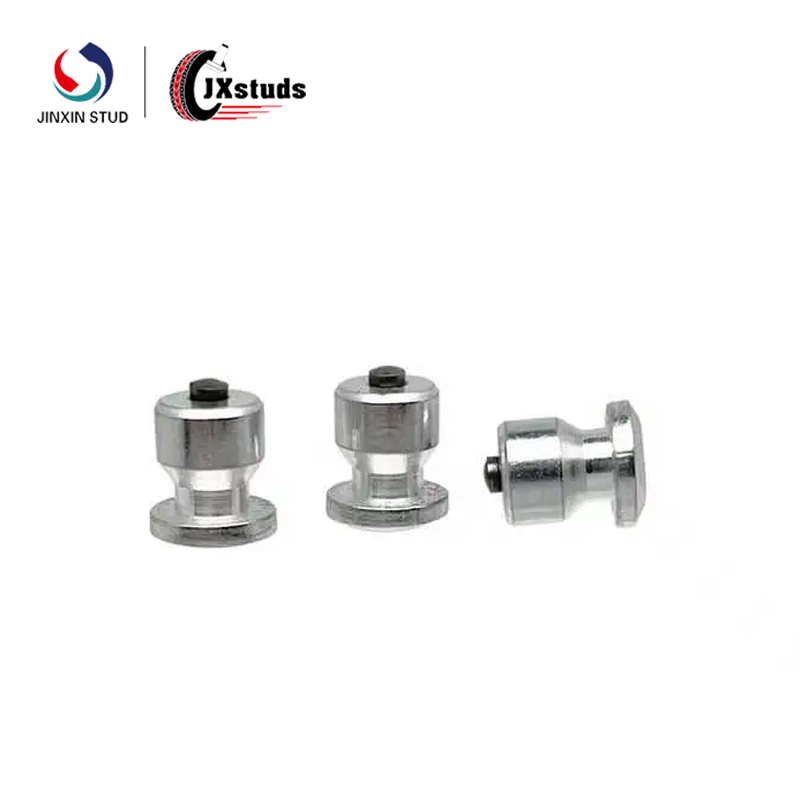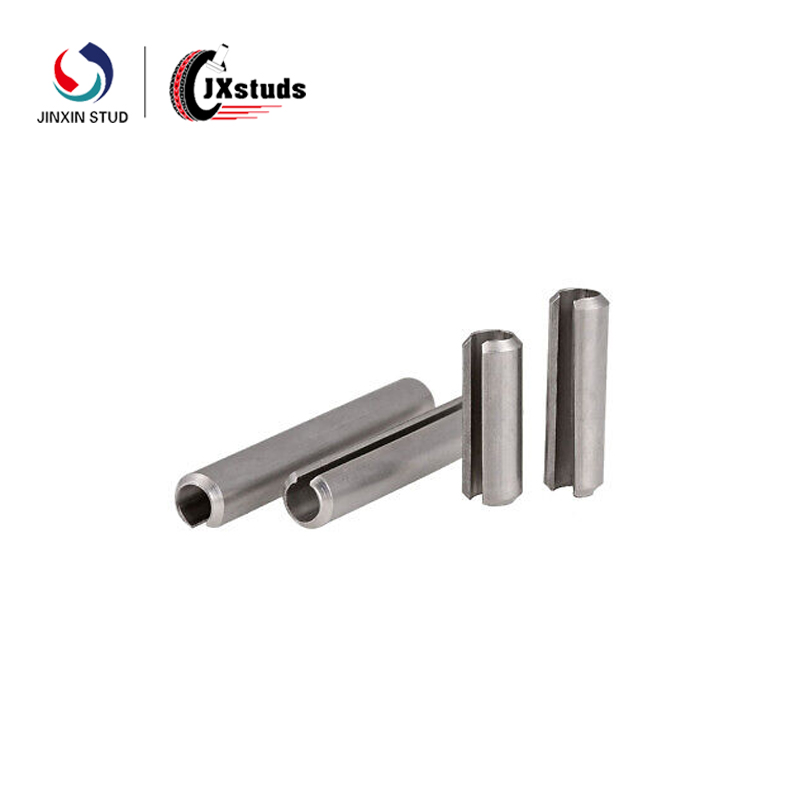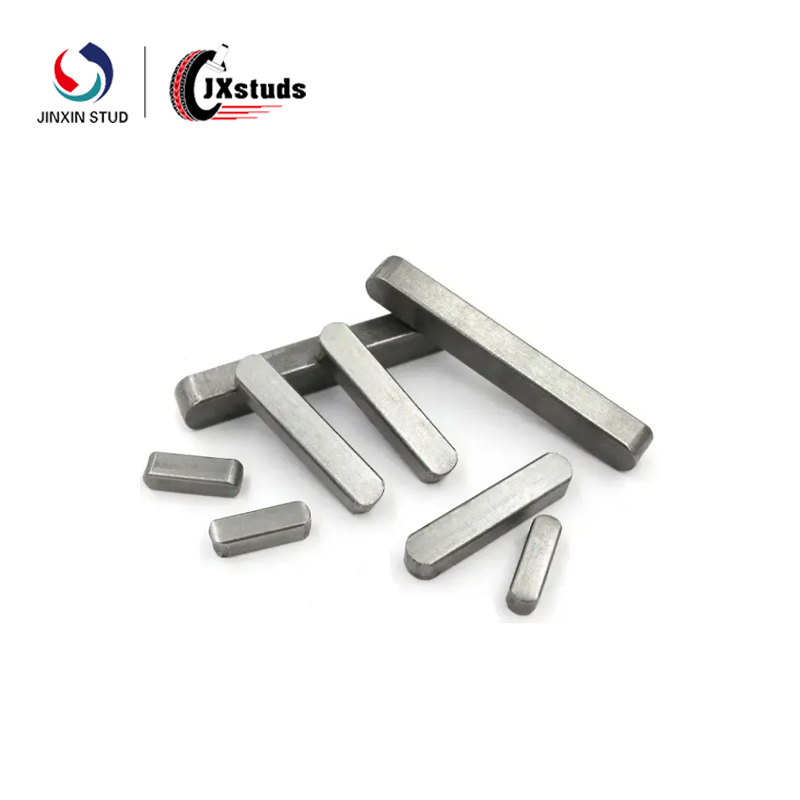In the automotive manufacturing and repair industry, fasteners are indispensable components that ensure the stability and safety of various parts of the vehicle. In the automotive industry, different types of fasteners have specific application scenarios, from engine components to body structures.
1. Bolts and nuts: the basis for automotive assembly
Bolts and nuts are one of the most common types of fasteners in the automotive industry. They are widely used in engines, chassis, frames, and other areas that require high-strength connections.
Common types:
High Strength Bolts: Usually made of alloy steel, they have excellent tensile strength and are used in chassis and suspension systems.
Flange Bolts: With one-piece washers for improved stability, often used for engine connections.
Lock Nuts: Prevent loosening by nylon ring or metal clamping mechanism, suitable for parts with high vibration, such as wheel fixing.
2. Stainless steel fasteners: a combination of corrosion resistance and high strength
Stainless steel fasteners are widely used in automotive exteriors and high humidity environments due to their superior corrosion resistance. Compared to carbon steel fasteners, stainless steel materials can effectively resist moisture, salt and chemical corrosion, extending service life.
Automotive industry applications:
Exhaust systems: stainless steel bolts are used to secure exhaust pipes and prevent oxidation at high temperatures.
Body trim parts: such as door handles, roof racks and other parts that need to be exposed to air for a long time.
Brake system: High-strength stainless steel bolts are used to connect brake calipers to improve durability.
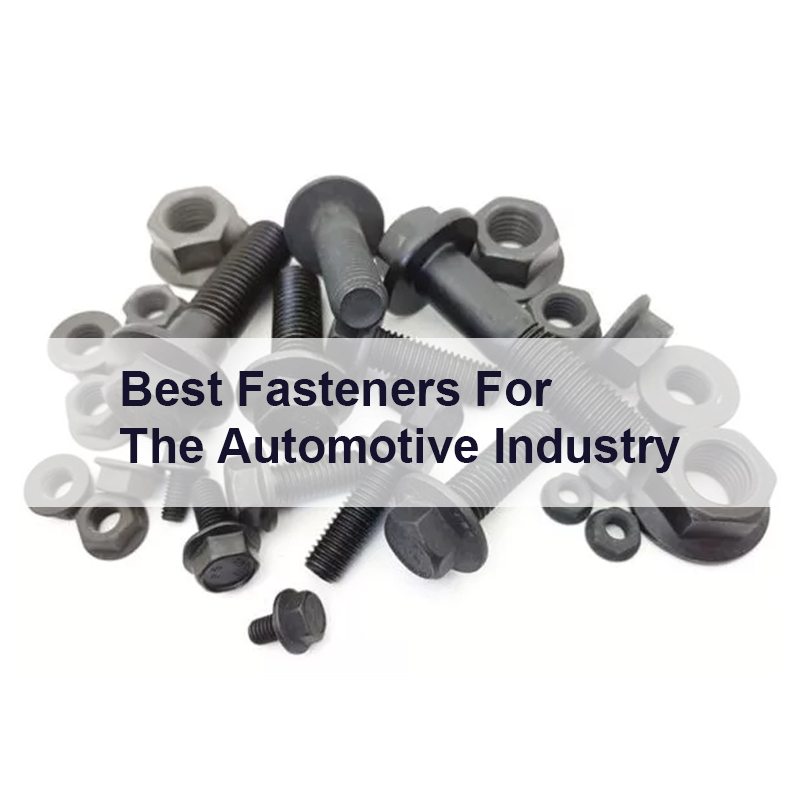
3. Self-Tapping Screws: Efficient Installation Solutions
Self-Tapping Screws are commonly used in the automotive manufacturing process for fixing thin sheet metal, plastics and composite materials. The biggest advantage is that they do not need to be pre-tapped, and can directly penetrate and form their own threads, thus improving assembly efficiency.
Automotive industry applications:
Dashboard and interior fixing: self-tapping screws are widely used to fix the center console, door trim and other interior parts.
Lamp mounting: It can quickly fix the front and rear lamp assemblies to improve production efficiency.
Fender and bumper mounting: Ensures strong attachment of plastic or fiberglass components.
4. Rivets: Ideal for providing lasting connections
Rivets are permanent fasteners used primarily to connect body structures and critical load-bearing components. Compared to bolts and nuts, rivets offer greater stability in high vibration environments and do not require additional locking mechanisms.
Main types: Hollow Rivets: Lightweight design for door and roof structures. Blind Rivets: Can be operated on one side, suitable for hard-to-reach areas such as vehicle chassis or frame connections. High Strength Rivets : Used for joining high load components such as frames and suspension systems.
Automotive industry applications:
Body Structure: Rivets are widely used in body splicing to ensure structural strength.
Chassis Fixing: Used to join steel plates and metal frames to enhance rigidity.
Door hinges and seat mounting: Provide long-lasting and durable fixing.
When purchasing fasteners, it is recommended to choose high-quality products that comply with automotive industry standards to ensure stable operation of the vehicle under various working conditions. If you need more professional advice or customized solutions for automotive fasteners, please feel free to contact our fastener experts.


